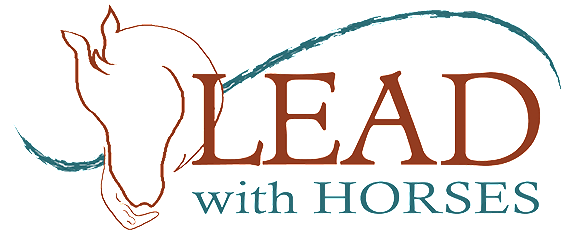Connection LEADs to Generalization
When I worked in a clinical setting as a behavioral consultant, I often wondered, “how will this child generalize these discrete skills and use them in everyday life?” No matter how much progress a child would make in a clinical setting, it seemed to always circle back to the big question of generalization to their wider environment.
Horses have always been an integral part of my life. Through countless experiences with my equine partners, I have learned that connection and passion really are the catalyst for learning and true generalization to take place. Through work with LEAD, I am able to combine the love and respect I have for horses and all they have to offer, with my strong passion for teaching skills to children on the Autism spectrum that will enhance their whole life.
Every child comes to our program with a unique set of strengths and challenges. Each of these strengths and challenges are used to guide the equine-assisted learning process, and we pride ourselves on customizing programs unique to the individual child. Although each individual program may “look” and “feel” different, it will always start with a big emphasis on connection and trust.
A child’s trust and connection with his or her equine partner paves the way for so much learning and real skill development to take place. It is very rare for us to see a client who is not excited to come to the ranch and work with his or her equine partner. The excitement, passion, connection, and motivation to learn are the huge differences I see between equine-assisted learning and more traditional modalities.
Circling back to the question that prompted this entry: how will all of this generalize into everyday life? To answer this, I think it is important to understand why and how equine-assisted learning works.
Horses are social animals, and read and respond to even the most acute nonverbal exchanges. This provides a very organic vantage point to explore abstract concepts such as relationships, communication, behavioral organization, and follow through. The level of acuity of social responses a horse gives is very difficult to contrive through traditional modalities. The organic exchanges that happen between horse and human, coupled with the connection our clients establish and nourish with their equine partners, provides endless opportunities for very practical social and behavioral skill development.
All of this functional hands-on practice, partnered with a sincere connection and motivation to work with a horse, lends itself for a child to generalize skills more organically, effectively, and easily. Put simply, connection leads to generalization.
